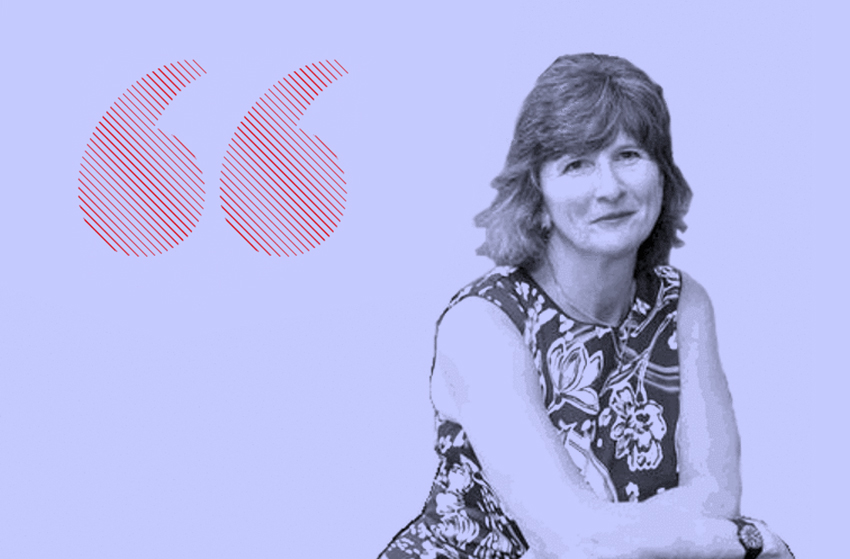Professor Louise Dubras is Foundation Dean of the School of Medicine at the University of Ulster. As part of our The New Normal series, here she speaks to Tessa Harrison about her experience in navigating current disruption and where her focus for the future will be.
What positives have your drawn from the crisis?
Colleagues have supported each other in unexpected ways. They have completely turned their working lives upside down. Various leaders have each faced unique challenges but their peers have supported them emotionally and practically where possible. Innovative ways of communicating in a leadership team have enabled us to learn far more about each other’s sense of humour and out-of-work interests than we would have done in years’ worth of “awaydays”. Those insights are invaluable as we move forwards in uncertain times. We have never needed to know everything about everyone, but sharing personal anecdotes and humour is a great way of breaking down communication barriers.
How will this crisis change the organisation?
One element is the formality of communication. We must not lose necessary governance and process or we risk losing accountability; but I think a more collegial shared understanding of the challenges we face and a willingness to share success at all levels will be maintained.
The organisation will of course change its offering. I hope that new collaborations which have been required by the crisis will be maintained. I hope that the ability of the organisation to respond nimbly to evolving external landscape will reassure it that decisions can be made quickly and change implemented, even if it is temporary and subject to review.
The changes to teaching, learning and assessment will need thorough evaluation, but I believe there has been a paradigm shift in the offering across HE, which cannot simply return to “how things were” as we move into the next and subsequent academic cycles.
What are likely to be your leadership priorities after the crisis has passed?
This is an interesting one. My priority in the time running up to the cessation of “business as usual” was the achievement of a political decision on funding additional medical school places and the establishment of a new medical school. That required comprehensive work with senior civil servants and a range of political leaders from across Government Departments. Even before the crisis has peaked, I am having to consider the future political and financial landscape with particular attention to when and who to work with to best influence this decision.
What have you learned about yourself during the crisis?
Even so far into my career I can change as a doctor as well as a university leader.
What advice would you give to others?
Never lose touch with the range of leadership options. Be brave yet humble, listen to your team, and recognise the unique circumstances of each individual. Make sure to rest and take stock. Write things down when things are moving fast so you can make time to reflect on them later.
